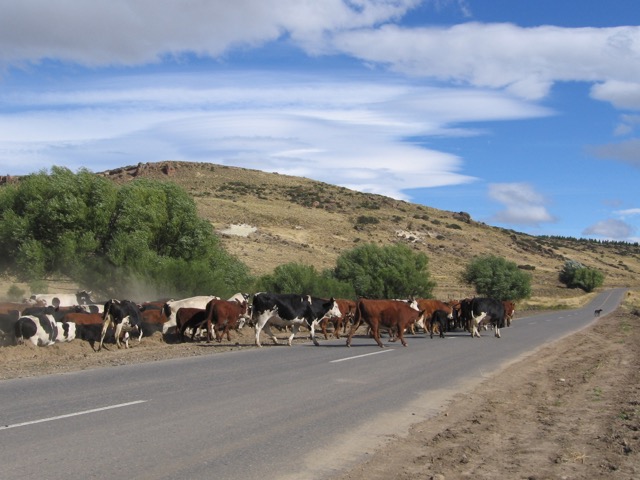
The cattle on a thousand hills from the book of Psalms ©Clague
Let’s get clear right up front that procrastination is actually a form of fear. It is the human mind avoiding something it fears or dislikes.
Jesus once asked this incisive question:
“What think ye? A certain man had two sons; and he came to the first, and said, Son, go work to-day in my vineyard. He answered and said, I will not: but afterward he repented, and went. And he came to the second, and said likewise. And he answered and said, I go, sir: and went not. Which of the two did the will of his father?” *
Is Jesus saying it it is better to change your mind and do work that needs doing, even if it’s late, rather than simply not to do what you say you will? The saying, “Better late than never” comes from this short parable.
Jesus knew well the twists and turns of the human mind. He was wise to its foibles and failures. He was also kind enough to give advice to the procrastinator within the mortal mind.
In fact, another little known parable of an unjust steward has insight for a procrastinator. Here’s the story: A certain rich man accused his steward of wasting his goods and then fired him. Then the steward said to himself, What shall I do? I don’t know how to do manual labor and I don’t want to beg. So he went to his boss’s debtors and told them to pay lesser amounts and then he cancelled the remaining debts. One who owed 100 was allowed to pay 50. Another paid 80 % of his bill. Afterward, the steward hoped to be in the debtors’ good graces so he would be taken in to live with them. Surprisingly, the rich man commended this solution and said the steward had done wisely.*
One lesson to take from this parable is that it finds a way around “all or nothing” thinking. Often, procrastination appears because a task at hand seems to be too big or too hard to do. The human mind settles on doing the whole thing perfectly or not doing it at all. The rich householder in the parable seems to be saying “Don’t do nothing because you cannot do everything.” If you think you can’t accomplish what is needed, it is better to do something toward the task than to do nothing at all. It is better to pay part of a bill than none of a bill. It is better to forgive partly than not at all. If the human mind knows that it can do something part way, then just getting started on a task will be more advantageous than putting it off indefinitely. The human mind pays dearly in self respect for putting things off, but with “all or nothing” thinking, procrastination seems a better choice than failing to be perfect. This parable gives us another choice.
Jesus does advise being prompt at our tasks. He knows that approaching problems quickly helps to keep them from overwhelming us. He said, “If you meet an adversary in the way, come to terms with him right there, or he might come later and throw you into prison.” He essentially said, “Don’t always be thinking of mañana —I’ll do it tomorrow. Each day’s problems are enough for that day. Don’t pile today’s problems on to tomorrow’s.”
.
Here is a procrastinator’s prayer with a grateful nod toward page 514 in the book Science and Health by Mary Baker Eddy.
Dear Lord,
I thank you for the qualities of diligence, promptness, and perseverance you have provided for me along my pathway. As I climb each hill, you have provided caches of those qualities, appearing along my path like so many cattle scattered across the hill. I might go up a thousand hills and yet there will be more cattle waiting around the corner. They all belong to you—the path, the quest, the qualities, the cattle, the scenery, the work, me, every step and every turn. I don’t need to fear, for if I miss an opportunity, there are a thousand more coming soon. If I use up my small stock of promptness, you have more waiting for me. I have only to reach out and take them in, gift after gift after gift. I’m not waiting til tomorrow to thank you for today’s supply. I praise you for knowing what I need today and having it ready before I asked. Amen.
*Matt 21:28

Leave a Reply